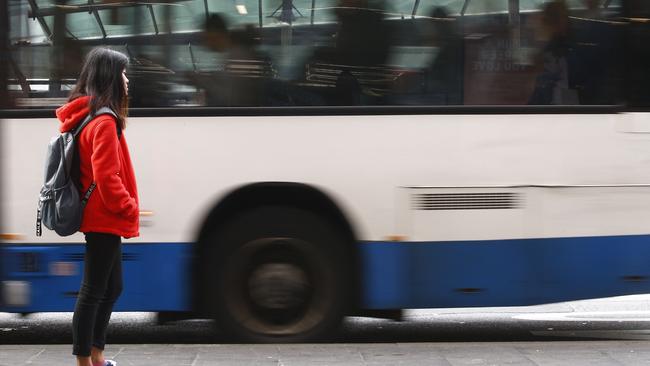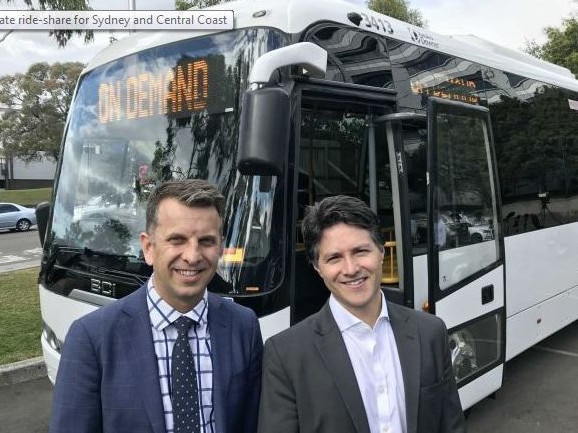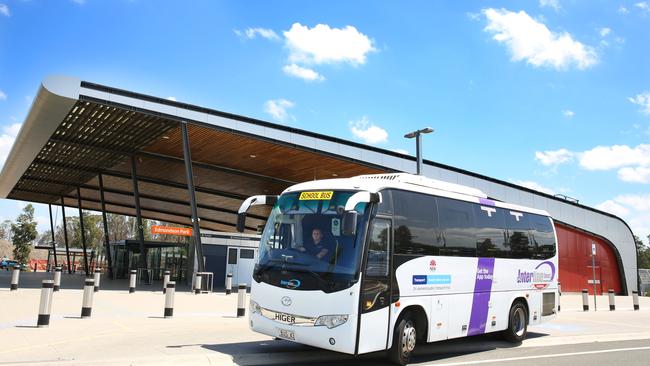Taxpayers foot $939 bus fare per passenger
RIDING the government’s “on-demand” buses in Wetherill Park left taxpayers with a $940 fare per passenger to cover – while they only chipped in $3.10.

Fairfield
Don't miss out on the headlines from Fairfield. Followed categories will be added to My News.
- $5 million complex could be built at Fairfield Showground
- Western Sydney bus drivers set for peak-hour strikes
- Free parking to be extended to side streets
RIDING the government’s “on-demand” buses in Wetherill Park left taxpayers with a $940 fare per passenger to cover – while they only chipped in $3.10.
The State Government has since killed off the ‘uber-for-buses’ service in Wetherill Park after spending a million dollars on its trial, instead choosing to relocate it to designated routes in the Eastern suburbs.
The pitch was simple: “We have on-demand movies, on-demand food, and finally – NSW will have on-demand transport,” said Andrew Constance, the Minister for Transport and Infrastructure, when on-demand buses were announced in August 2017.

The company carrying out the work in Wetherill Park was Transit Systems, after striking a deal with the State Government that cost $997,826.
But the designated route led to not enough people using the service in Wetherill Park, causing the cost to blow out to $939.60 per fare, the Fairfield Advance can reveal.
The Wetherill Park trial ran from October 2017 to August 2018, transporting 1062 people in that time – an average of 35 fares a week.
IN OTHER NEWS
“The trials are user driven, and unfortunately there weren’t enough customers to continue the Wetherill Park trial,” Mr Constance said. “However the system is a great success elsewhere and will be expanded to other areas across the state.”
Out of the 11 areas to trial an on-demand service, Wetherill Park’s return-on-investment places it in the bottom three, ahead of Newcastle’s ($1770 per passenger) and the Central Coast’s ($2067); however, only Wetherill Park has had its trial discontinued.

“Public transport is about providing a service, not making money for the Government,” Mr Constance said. “The taxpayer already subsidises around 75% of the average public transport journey (on buses, trains etc).”
But in the case of the Wetherill Park on demand bus service, taxpayers were subsidising 99.7% of the fare.
Another reason why the service in Wetherill Park failed is because it mainly covered industrial areas, said Hugh McDermott, Labor’s member for Prospect.
“This is a million dollars that could have gone towards road upgrades, or more services for existing bus routes,” he said.
“In the meantime, local families are … waiting for under-resourced bus services.”
